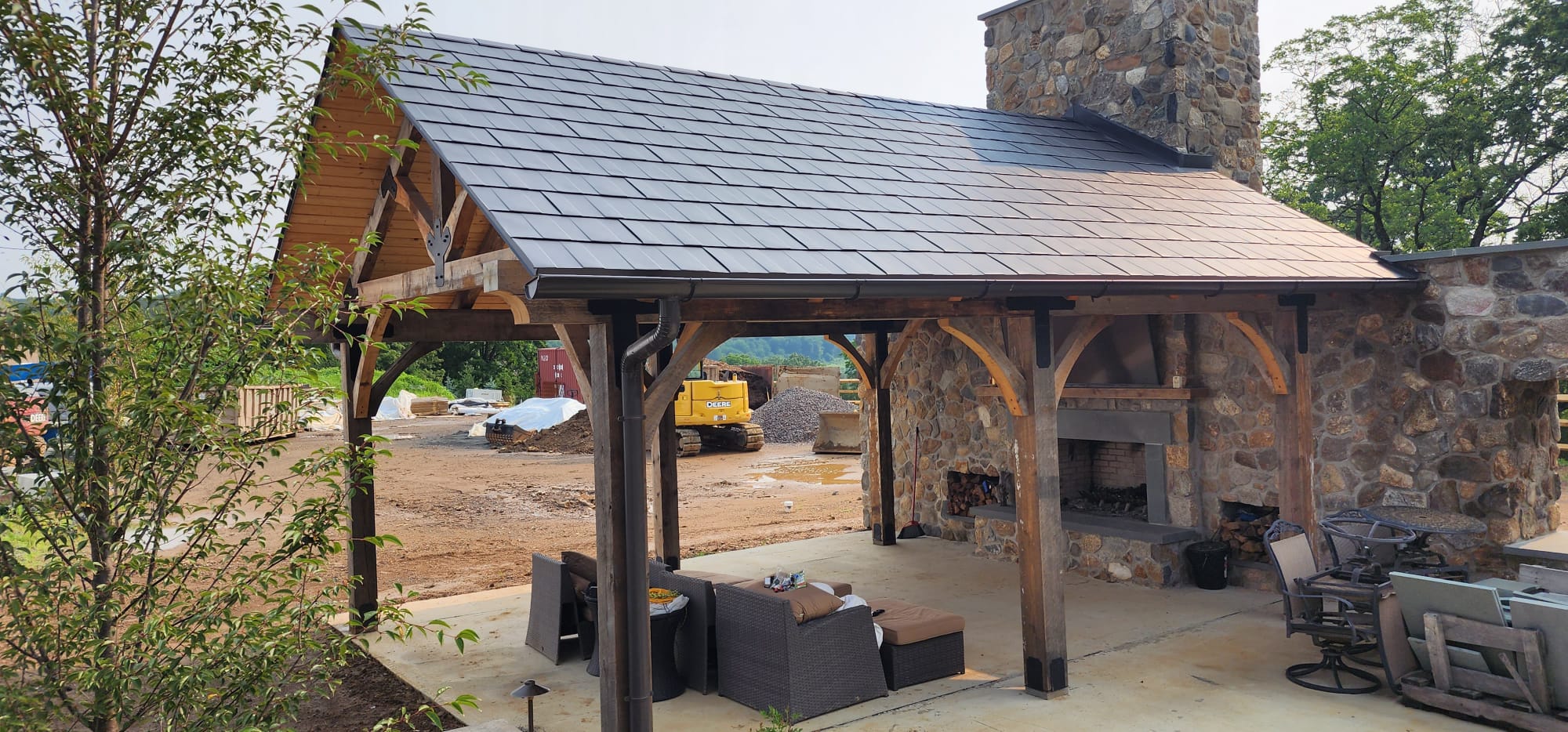
The Impact of Weather on Your Commercial Roof and How to Protect It Nov 04, 2025
Weather, in all its forms, poses significant challenges to commercial roofing. Each season brings its own set of threats, and understanding these can help you prepare adequately. For instance, the impact of harsh sun and extreme heat can lead to the expansion and contraction of roofing materials, which over time can cause significant damage. This thermal stress often results in cracks and splits, reducing the roof's lifespan.
Rain and snow introduce the risk of water damage. Heavy rains can lead to pooling, especially if there's inadequate drainage. This stagnant water can seep into roofing materials, potentially causing leaks and structural deterioration. Snow is equally damaging, as its weight puts additional stress on the roof structure, and the freeze-thaw cycle can compound existing issues by widening cracks and gaps.
Wind is another formidable weather condition that can severely impact commercial roofs. High winds can uplift roofing materials, creating weak spots where water can infiltrate. This not only damages the roof itself but can also lead to significant interior damage, disrupting business operations.
To protect your commercial roof effectively, regular maintenance is essential. Start by conducting frequent inspections. Identifying and repairing minor issues before they escalate can save significant costs and extend your roof's life. Pay close attention to drainage systems, ensuring gutters and downspouts are clear to prevent water buildup.
Investing in professional roofing inspections with Smith Commercial Roofing can provide peace of mind. Our experts are trained to spot potential problems early and suggest practical solutions tailored to your specific needs. We also recommend considering durable roofing materials that are resistant to specific weather conditions prevalent in your region. For instance, impact-resistant roofing can mitigate damage from hail, while reflective materials can reduce heat absorption, protecting against the sun's intense rays.
Another key strategy in roof protection is ensuring proper insulation and ventilation. Adequate ventilation prevents heat from becoming trapped, reducing thermal stress, while quality insulation protects against moisture intrusion and temperature fluctuations.
Proactively planning for extreme weather by establishing a roof maintenance schedule can also make a significant difference. In anticipation of storms, secure loose items and ensure that emergency repairs can be conducted swiftly if damage occurs.
As seasons change, so should your roof maintenance strategy. Being aware of the distinct challenges each change in weather brings will help you adapt your approach and safeguard your investment. At Smith Commercial Roofing, we're committed to offering solutions that not only protect but enhance the performance of your roofing system.
In conclusion, weather can significantly impact the health and functionality of your commercial roof, but with proactive measures and expert guidance, you can ensure its durability and performance. Trust in Smith Commercial Roofing to help protect your commercial property with reliable service and expert advice tailored to withstand the elements. Reach out today to learn how our services can be an integral part of your building's maintenance strategy, ensuring your roof provides the protection it was designed for, regardless of the weather challenges it faces.
/filters:no_upscale()/filters:format(webp)/media/a2a473b5-90c6-4ebb-a773-cb4b30ea9db9.jpeg)